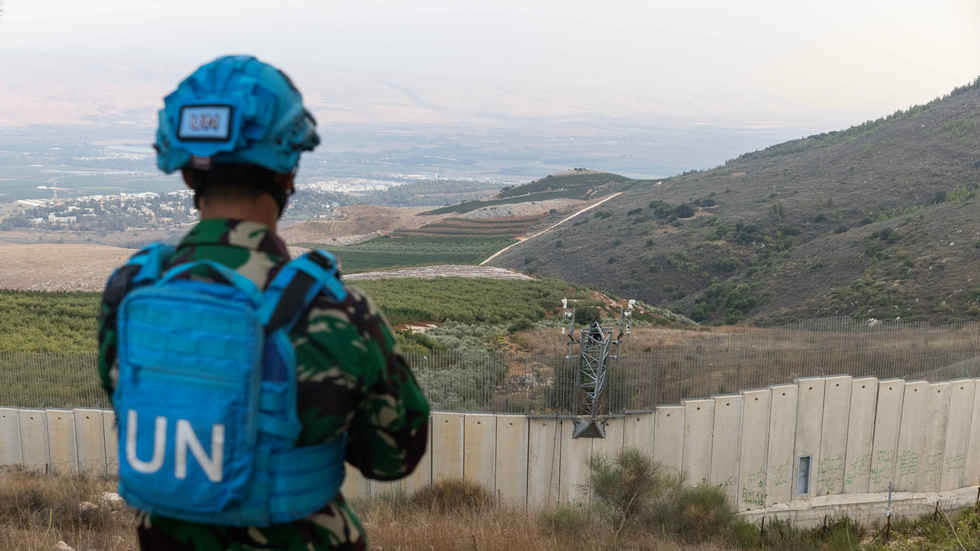Over 10,000 personnel will have to be sent home across nine missions globally, according to Reuters and AP
The United Nations will have to cut roughly a quarter of its peacekeeping personnel in the coming months due to funding shortfalls, in particular caused by a lack of US financing, Reuters and AP reported on Wednesday, citing sources.
A senior unnamed UN official cited by Reuters stated that the organization “will have to repatriate… around 25% of our total peacekeeping troops and police, as well as their equipment,” adding that a large number of civilian staff will also be affected.
The reduction equates to 13,000-14,000 military and police out of more than 50,000 deployed, with the UN support office in Somalia also impacted, according to AP. In addition, the peacekeeping budget will be cut by about 15% this year, the outlet added.
Operations in South Sudan, the Democratic Republic of the Congo, Lebanon, Kosovo, Cyprus, the Central African Republic, Western Sahara, the Golan Heights demilitarized zone, and Abyei will be affected, UN officials told Reuters.
US funding uncertainty is central to the UN’s financial strains, with Washington – which accounts for more than 26% of mandatory UN peacekeeping financing – being $1.5 billion in arrears even before the new financial year began on July 1, a Reuters source claimed. He added that the total US outstanding bills now exceed $2.8 billion. At the same time, the UN expects a $680 million US payment shortly, according to the agency.
During his second term, US President Donald Trump has sought to trim foreign expenditure, and in August canceled about $800 million in peacekeeping funds for 2024-2025. His budget office has proposed eliminating US peacekeeping funding in 2026.
Last month, media reports indicated that the UN was facing the need to cut $500 million from next year’s budget and furlough 20% of its staff, with the organization poised to axe 3,000 jobs due to US funding uncertainty.
UN peacekeepers – often called blue berets or blue helmets – are deployed to help stabilize conflict zones and support humanitarian efforts. However, critics say the missions are frequently underfunded, slow to respond, and constrained by weak mandates that limit action when violence flares.
You can share this story on social media:
Read the full article here

